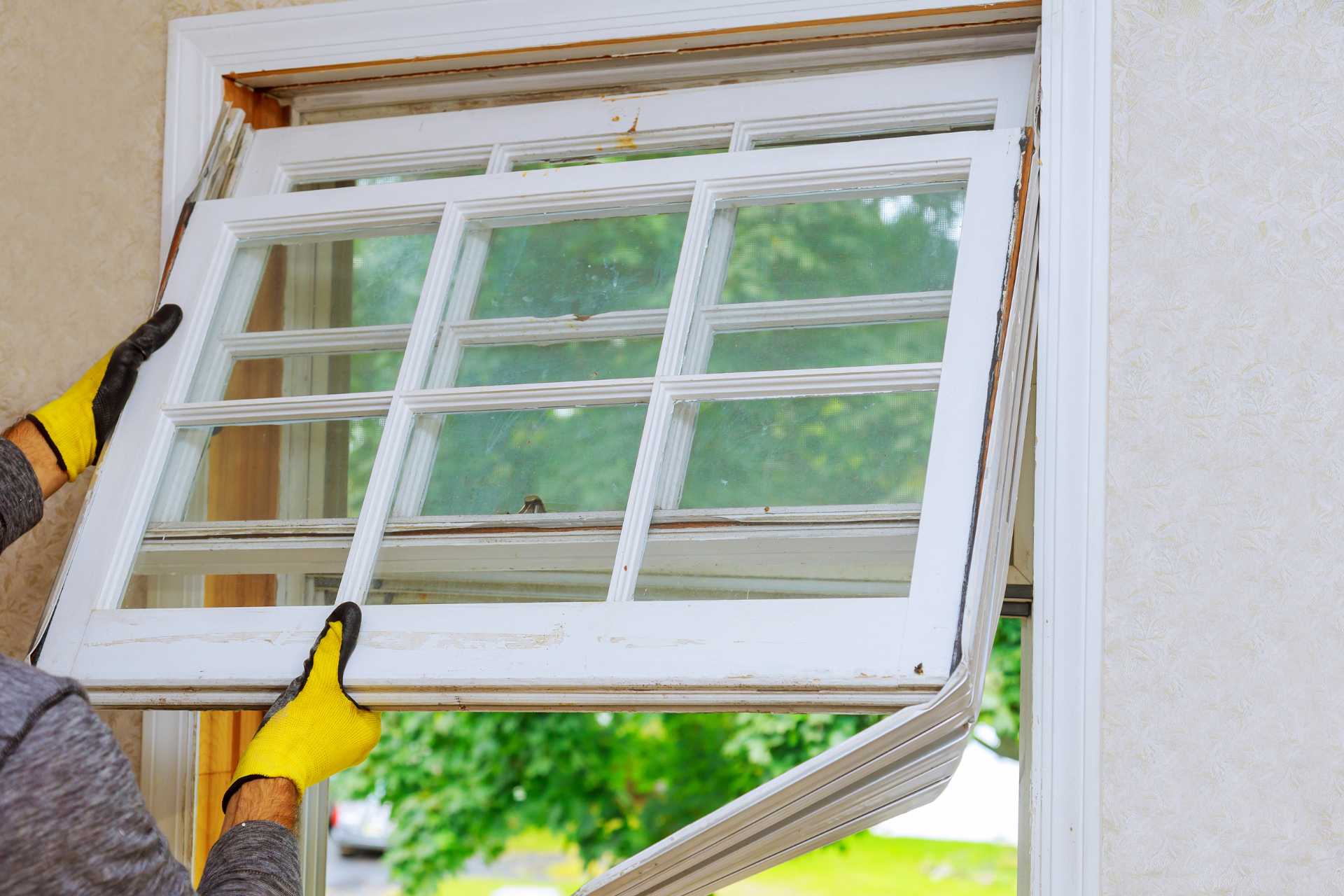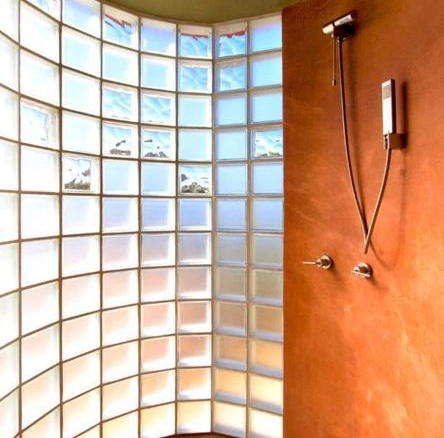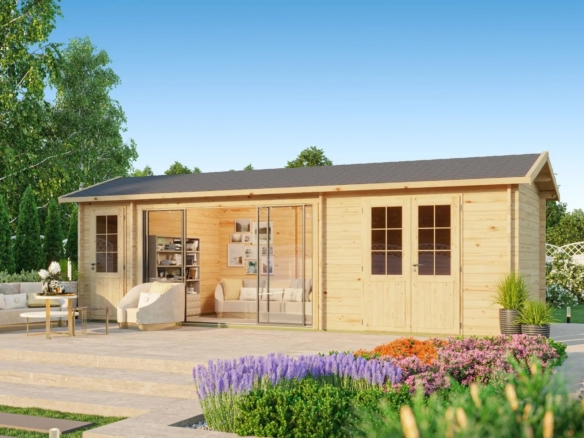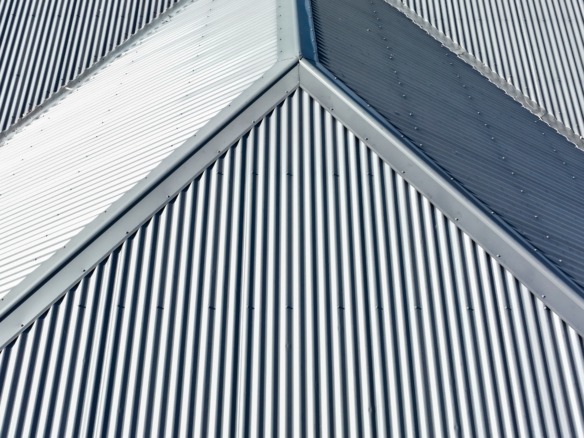Heating is expensive. But running one (or more) AC units the whole summer is even worse. So what can you do about it? Well, the answer is insulation.
And while insulating your walls might be the first thought, there s also your windows. You probably have a dozen of them in your home. And each and every one of them is likely the major cause of why the inside of your house is too hot one part of the year, and too chilly the other part. Bad windows make for bad insulators.
But swapping old windows for new ones costs a lot of money. That s true. But you know what also costs a lot of money? Utility bills. If you swap all your windows today each and every month henceforth, you ll be saving so much on heating/cooling, that your initial investment will not only be paid off in full (after a certain amount of time), but you ll also start saving money from that point onwards.
Why Old Windows Drain Your Wallet
According to research, bad (old, broken, low-quality) windows account for approximately 30% of all heating and cooling energy waste. That is a third of the energy that you re paying for that simply slips through the windows. So, you could say that your money is flying out of the window (pun intended; but it is still very true).
How Do You Recognize Bad Windows?
How do you recognize if your windows are bad? Well, think about what/how it feels inside the house. Does it seem too cold when it’s cold/windy outside? Is it noisy? If the temperature is high outside, does it feel like a sauna inside? Does condensation appear on the windows (inside the house) in the morning? When you place your hand near the perimeters of the window, can you feel the cold/warm air, or even small gusts of wind? Is it damaged in any way the glass, or the frame? Does the glass feel very cold to the touch (in the winter), or very warm (in the summer)?
All of these could indicate that your windows have gone bad.
How to Choose the Right Energy-Efficient Windows for Your Climate: 2 Suggestions
If you go online and start looking for window options, you ll find all kinds and types, and in all truth, it can be intimidating/confusing at what to pick. Below, you ll find two simplified steps which should help you make an easier (and correct) decision which will work foryou.
1. Ratings/Certifications
If you browse a couple of window options, you ll notice some labels attached to them. These are (usually) from ENERGY STAR (led by the Environmental Protection Agency, or EPA) and the National Fenestration Rating Council (NFRC). These two organizations set standards for window performance (in the U.S.).
ENERGY STAR indicates whether the window meets U.S. energy efficiency guidelines (this basically tells you if the window is good for the climate zone of the area where you live. This also means that the windows you buy in your area might not be the same as in another area where the climate might differ greatly.
The NFRC goes into more specific things like U-factor/value, and the solar heat gain coefficient (SHGC).
The U-factor measures how well the window insulates (the lower the value the better), and the SHGC measures how well the window blocks solar heat/UV radiation (if you live in a colder or more cloudy climate you can go for a higher value, but it doesn t really matter that much, while if you live in a warm/sunny area, then you want a lower SHGC value). If you have the budget, and are thinking long-term, always aim for a SHGC value, because you never know how more sunny days may appear in the future, because of climate change.
If you really don t want to get into all of that, or aren t really sure which windows to pick, then contact a window company in your local area (which will have specialized windows for your climate). How? Just search for them only.
For example, if you live in Kansas City, then just google replacement window company in Kansas City . If you live in Boston, then do the same approach, just type Boston instead.
But basically, regardless of whether you re looking for more efficient windows or just looking to replace old/broken/low-quality ones, just do the same thing.
2. Your Climate
Besides the ratings and certifications above, you can also narrow down which windows would work best for the climate in your area.
For example, if you live in Alaska, where it s colder than in the southern regions (e.g., California, Texas, Florida, etc.), you might opt for windows which are double or even triple-layered (there s a gap in between each layer), and have those gaps filled with gas that has a high R-value. This will help reduce heat loss, and will insulate much better, meaning that the window might even feel room temperature when it is extremely cold outside.
If you live in a warmer climate, then a window that has an E-coating, which helps in reducing solar heat gain.
But again, regardless of whether you re looking for more efficient windows or just looking to replace old/broken/low-quality ones, or are just looking for specialized windows for your climate, just do the same thing as explained above contact your local window store/business to get advice and some recommended options.
And after consulting your budget, you ll be able to much more easily make an informed decision.
Conclusion
If you want to replace your windows, you ll likely run into some hurdles/roadblocks in the form of finances or even the fact that it s a complex logistical operation (especially if you ve opted for the DIY route). And to make things words people usually wait till the last second to do it.
But if you take a step back and really think about it think about how much money you re spending each month on heating and cooling, Running an AC all day is EXPENSIVE. And having a good quality window (glass + frame) can help you with insulation.
While windows might not be the number one culprit for high utility bills, they sure are up there. And upgrading them is a great investment into your future. At one point, as months pass, you ll make back that investment in the expenses you ve saved, and then after that point, you re actually saving money.




